Birdbaths in Freezing Cold Winters

Drinking water entices birds year-round, but keeping it ice free in winter can be a challenge. Birds have several physiological mechanisms for conserving water, but in our area we do not get the snow that birds can use. Providing a source of water when everything around is frozen offers a huge benefit for the birds. On […]
Making the Winter Transition to Keep Your Backyard Birds Safe
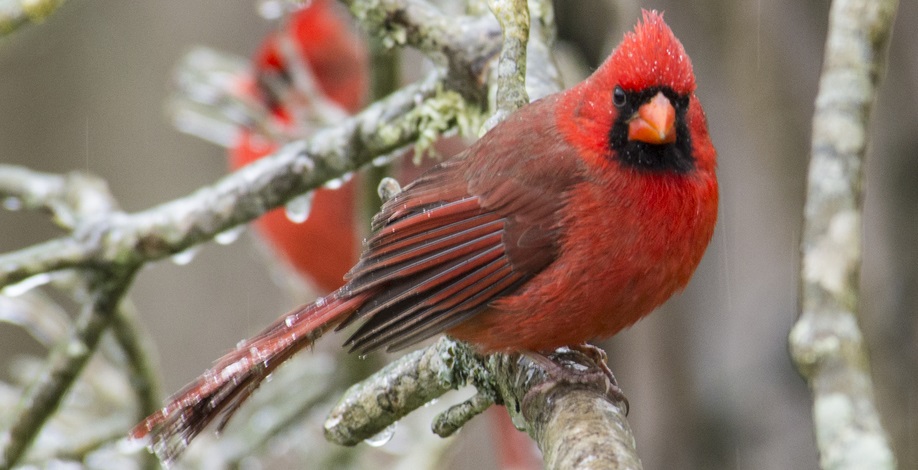
The abrupt arrival of freezing temperatures is a clear sign that the vibrant fall season has swiftly given way to winter’s chill. With this shift in seasons and weather, our avian companions are also undergoing a significant transition to cope with the cold days and nights ahead.
Where Are The Birds? Find Out At Backyard Birds.
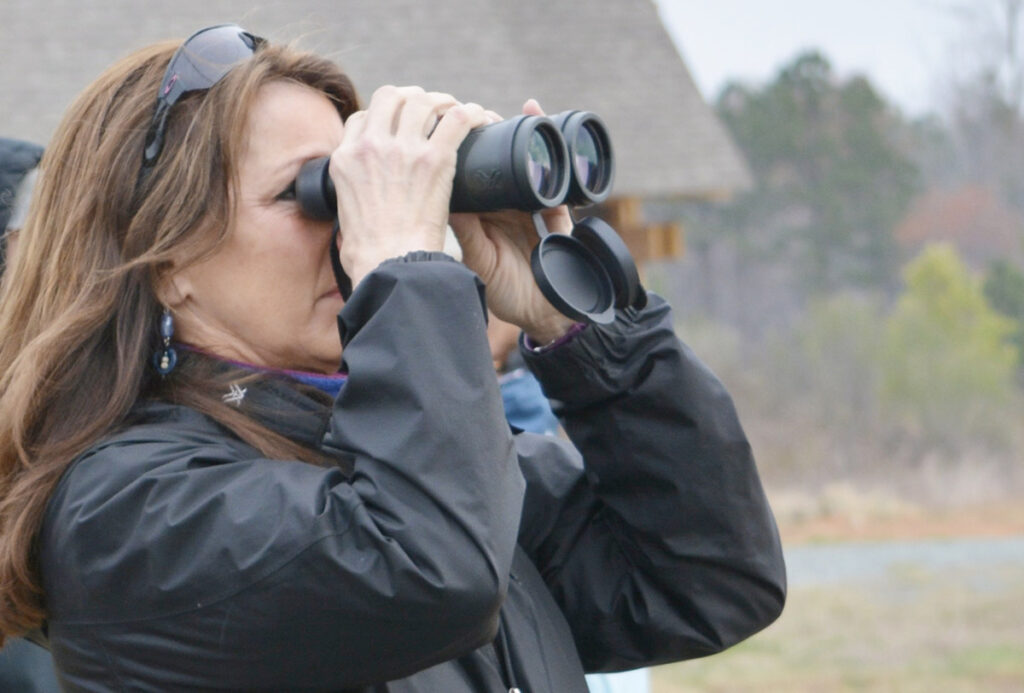
Our customers have been calling in and asking, “Where are all of the birds?” Birds routinely change their feeding behavior. Temperature, weather, time of year, and time of day all influence feeding habits. In mild weather, when wild food is plentiful, birds will use your feeder less. When they are under more pressure to find […]
The Backyard Blues: May Your Blues Be Eastern Bluebirds
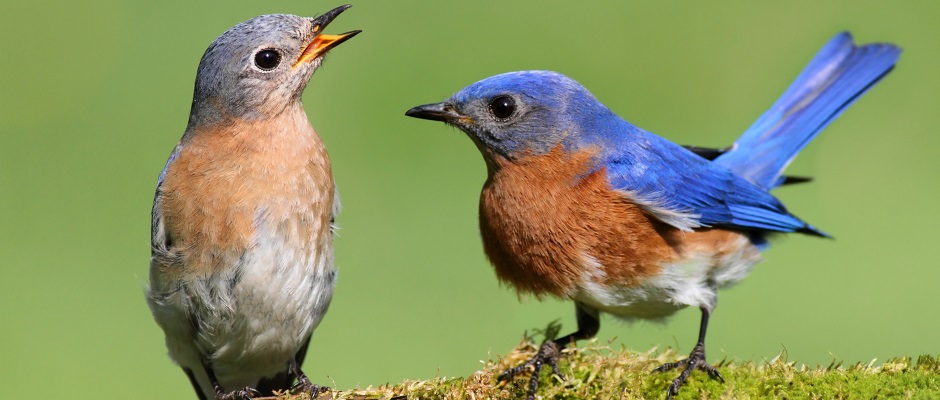
Prior to the 1930’s, the Eastern Bluebird was one of North Carolina’s most common songbirds. By 1979, bluebirds were declared rare and uncommon by the U.S. Fish and Wildlife Service. Man’s activities and severe winters resulted in a 90% decline in bluebird populations. The continuing loss of natural nesting sites and other problems faced by […]
Enjoy Midsummer Activity in your Backyard!
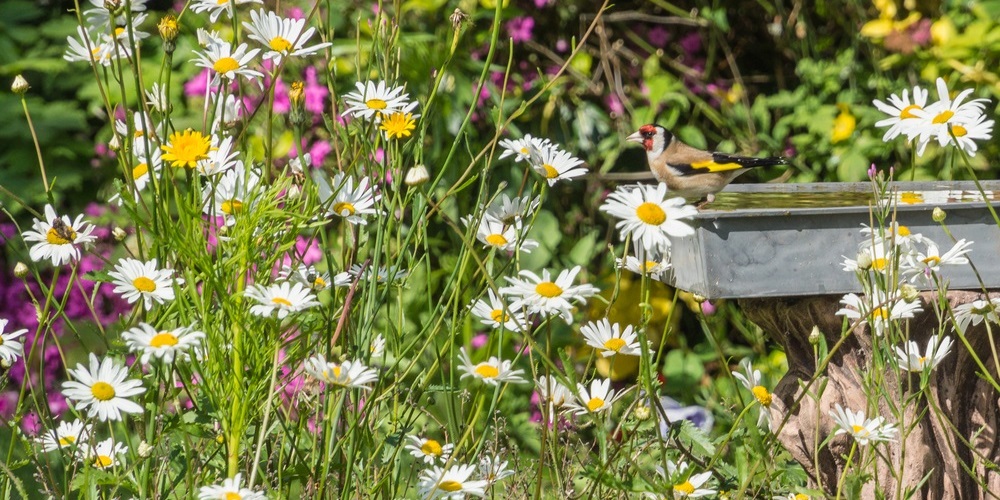
By midsummer, birds have established their nesting territories and are busy raising their second or third batch of babies. We receive many calls this month about “injured” birds. In most cases, it is fledglings that have naturally left the nest or been pushed out of the nest by their bigger siblings. The best advice we can […]
Providing A Plentiful Bounty for Your Backyard Birds
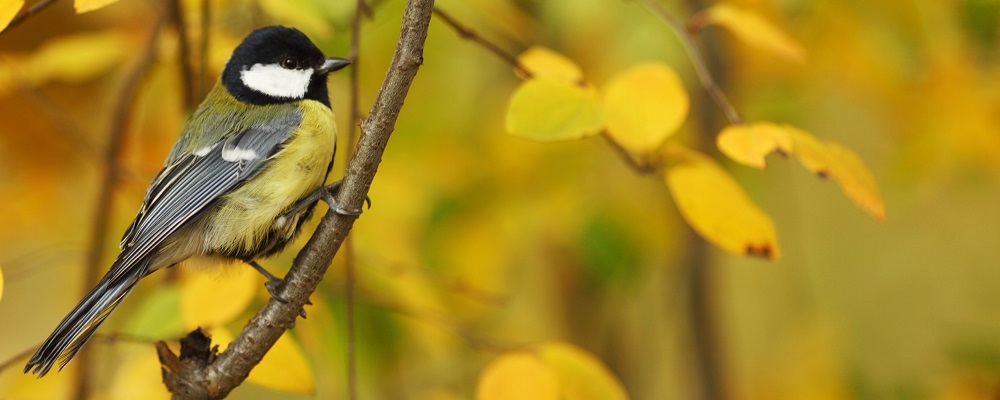
Become the host with the most during the fall and spring seasons to attract more birds in your backyard! Just as birds adjust their behaviors as the seasons change, you too must adjust how you interact with birds if you want to enjoy the diversity of avian life.
Attracting Birds to Your Backyard in the Heat of Summer

Birds love water, and they need it to keep cool and to keep their feathers clean. You don’t need to buy a traditional bird bath. You can use any flat, wide container placed on a flower pot to substitute as a traditional bird bath. But setting up a real bird bath not only adds beauty […]
How to Attract Birds to Your Backyard With Water
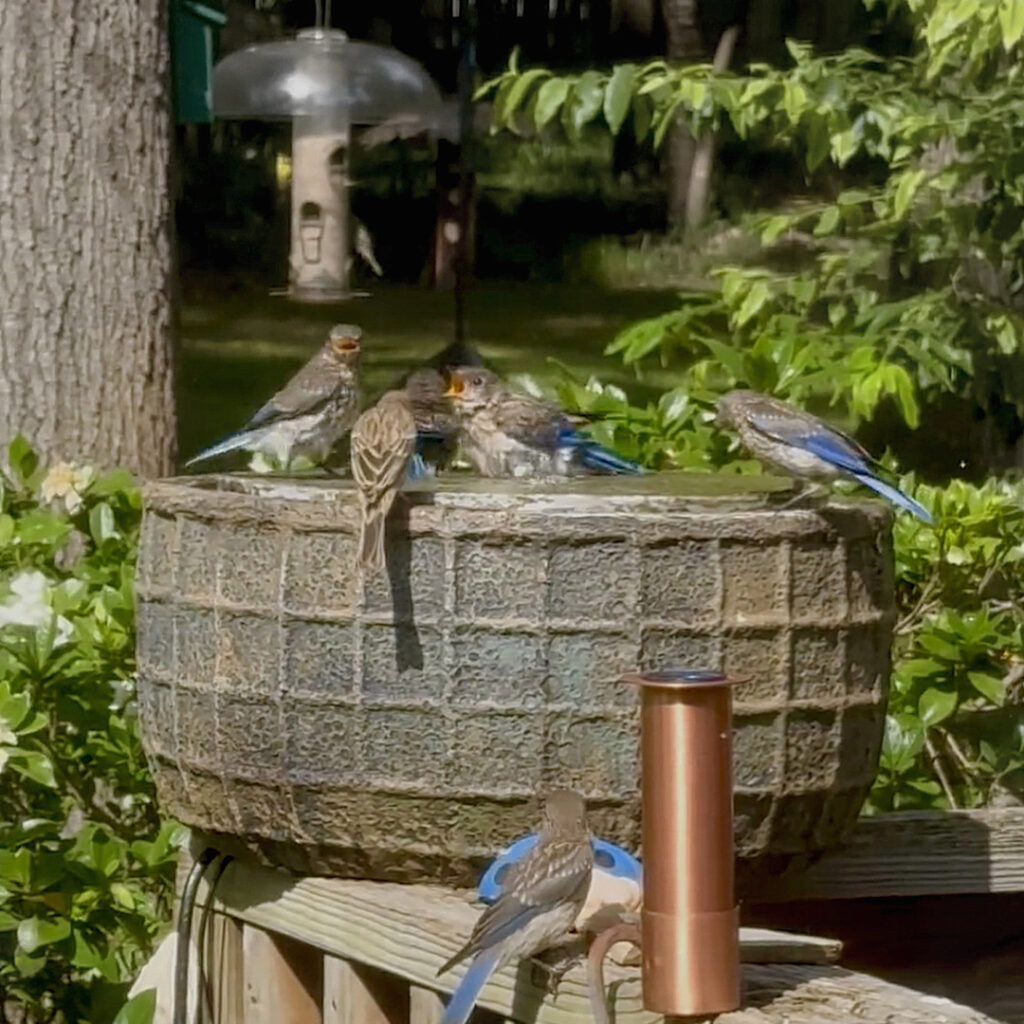
Water is one of the most important things birders can add to their backyard to attract birds. All bird species need water, and adding one or more water features to your yard will quickly attract feathered friends.
Follow These Tips on How to Clean Your Birdbath
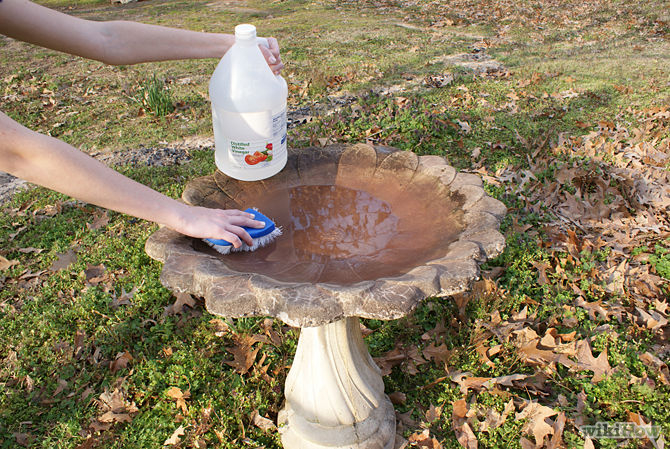
A clean birdbath filled with fresh water will be the most attractive to birds, and knowing how to clean a birdbath properly and safely will allow birders to maintain backyard water sources easily.
Backyard Birding in Small Spaces
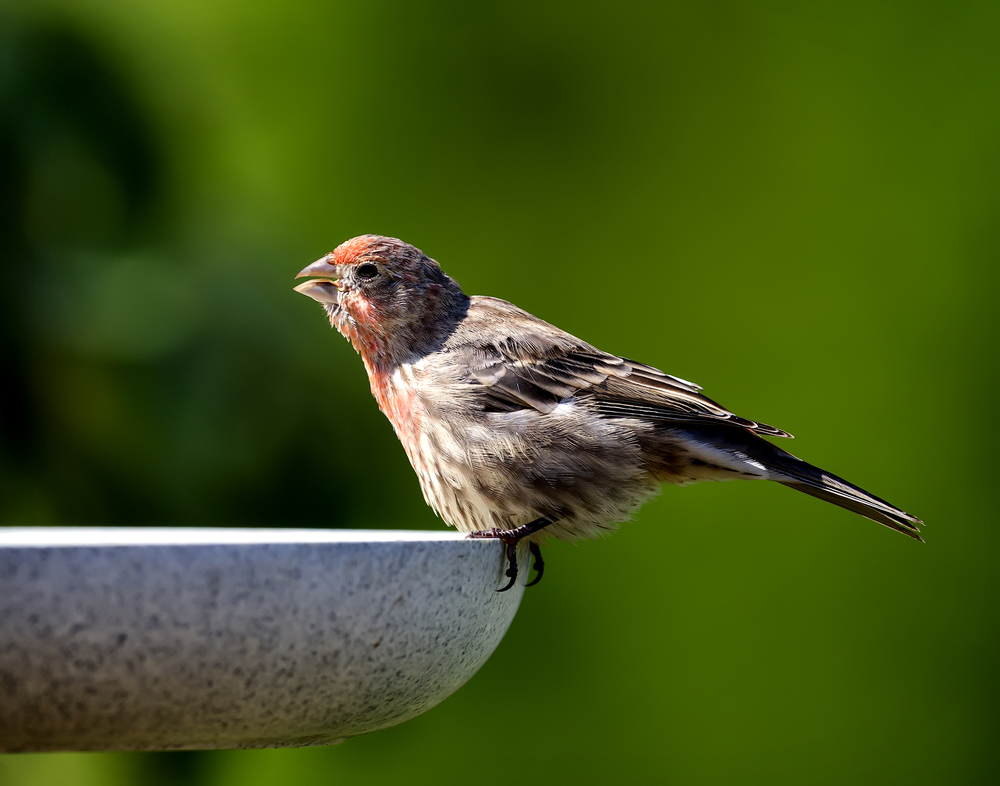
“With a little planning and some bird feeding basics from our experts you can attract birds to backyard—no matter where you live or how big your space.” Ken Keffer, Writer and Author with Birds & Blooms Magazine recently published a great article about Backyard Birding in Small Spaces that we thought our customers and followers would be very […]
